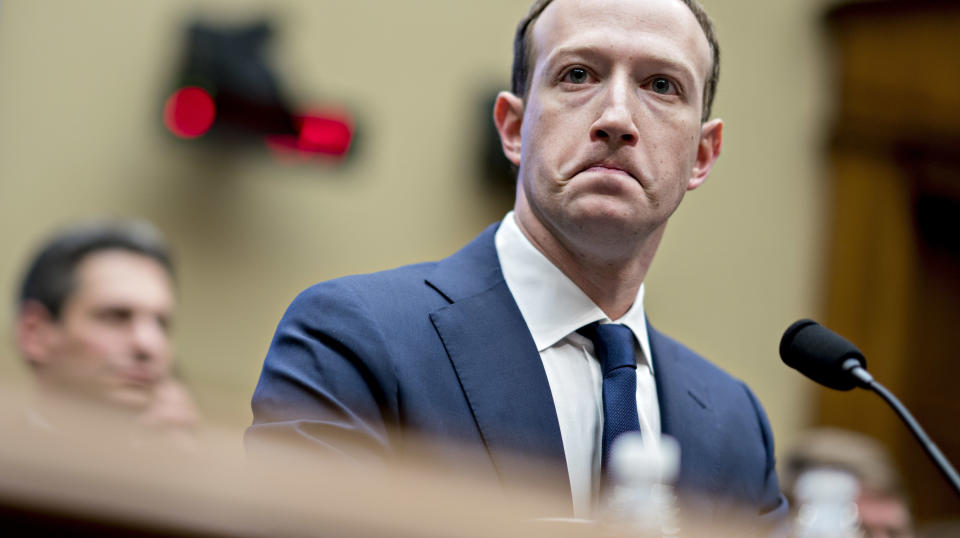From porn to privacy: Four big changes coming to the internet this year

The way we use the internet could be about to change radically, with governments cracking down on porn and privacy – and the misuse of copyrighted material.
From April, porn users in Britain will be asked to prove they are 18 – and this winter, the government is set to outline new safety laws for social media.
An EU crackdown on the use of copyrighted material could also have a large impact on sites such as YouTube.
Social media regulation

The Government is set to publish a white paper in the winter that will outline new online safety laws.
A deadline to speed up the removal of harmful content on social media is among the legislative measures being considered by the Government in a bid to protect young people, minister for Digital Margot James told the Science and Technology Committee in November.
The idea came from Germany’s approach, which compels social networking sites to remove illegal content within 24 hours of it being reported, or face fines.
Age restrictions for porn
Access to pornography is another area the Government hopes to protect children from in 2019, with new age restrictions on porn websites set to arrive by Easter.
Tighter controls have been pushed back multiple times since the introduction of the 2017 Digital Economy Act.
One of the options being considered is issuing young people with a unique online ID, likened to a digital passport.
MORE: Police investigate after ‘frenzied’ hounds kill fox in front garden during hunt
MORE: Sajid Javid accused of acting like Donald Trump by ‘whipping up’ Channel migrant crisis
Digital copyright
The way music, memes and news articles are shared online could be affected by a new digital copyright law proposal from the EU.
YouTube has warned that viewers across the EU could be cut off from videos as a result of the controversial Article 13 copyright directive, which would force big tech firms to take responsibility for the copyright status of material posted by users.
Members of the European Parliament backed an overhaul to the current law in September, leaving each EU member state to make the final decision in a vote scheduled for January 2019.
Right to be forgotten
The so-called “right to be forgotten” could be rolled out further in 2019, with the European Court of Justice set to make a decision early in the year.
The right to be forgotten came about in 2014, after Spaniard Mario Costeja complained that out-of-date information about his financial circumstances should be taken down from Google’s search engine.
The ruling only applied to the company’s local sites in the EU, meaning other versions such as its American site Google.com, could still show the links.
Europe’s top court will now decide whether Google and others like it, such as Bing and Yahoo, should apply the right to be forgotten on all versions of its sites.

 Yahoo News
Yahoo News 

